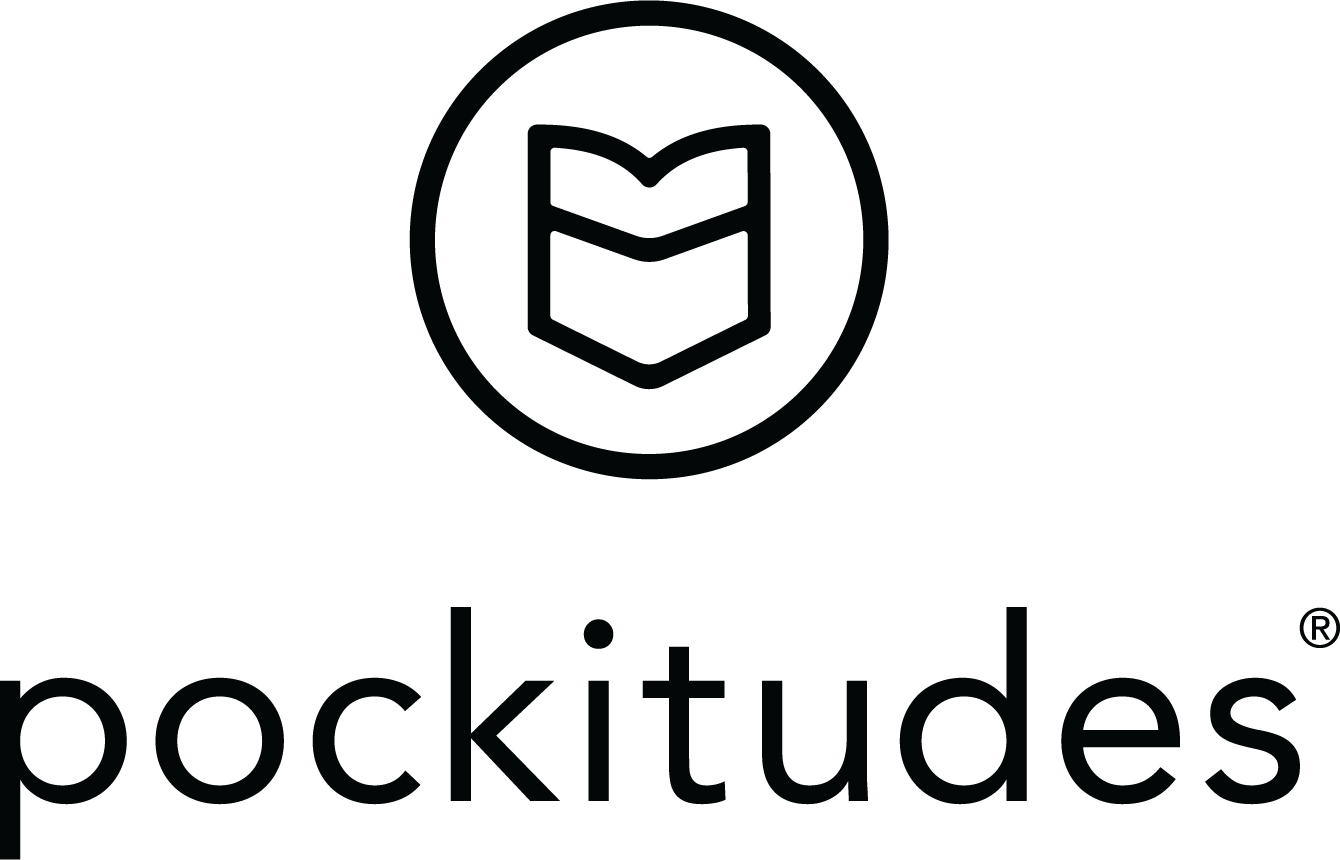Let’s cut through the noise. You don’t need another listicle telling you to wake up at 5 a.m., drink green sludge, and journal while balancing on one foot. This isn't about hustle culture or perfection. It’s about building a repeatable system that tilts the odds in favor of your mental well-being.
At Pockitudes, we believe in small, intentional shifts that ripple outward. And the science is clear: how you begin your day matters. Not because it looks good on Instagram, but because it sets the neurological tone for your entire experience.
So, what exactly is a morning routine? And why does it matter?
What Is a Morning Routine, Really?
A morning routine is not a checklist. It's a framework. A consistent, repeatable pattern of behaviors that signal to your brain: "You're safe. You're in control. You can handle what comes next."
Neuroscience calls this predictability and structure. The prefrontal cortex — the part of your brain responsible for decision-making, emotional regulation, and focus — loves a good routine. In fact, routines reduce cortisol (the stress hormone) and improve cognitive flexibility, according to research published in The Lancet Psychiatry.
So when you craft a morning routine that works for you, you're not just getting organized. You're giving your brain a buffer zone. A warm-up lap before the mental sprints of the day begin.
The Mental Health Science Behind It
1. Lower Stress Levels — A 2018 study published in Frontiers in Psychology found that consistent routines reduce anxiety and enhance coping abilities in adults. A morning routine provides a sense of control in a world that often feels chaotic.
2. Improved Focus and Decision-Making — Harvard Business Review notes that starting your day with structured habits conserves mental energy. Ever heard of decision fatigue? When your morning is scripted, you save your brainpower for the bigger questions later.
3. Better Sleep Quality — Interestingly, your morning impacts your night. Exposure to natural light in the first hour of your day helps reset your circadian rhythm, promoting deeper, more restorative sleep.
4. Enhanced Emotional Regulation — A 2020 study in BMC Psychology found that routines support emotional regulation. When mornings feel predictable, your nervous system remains calm, making you less reactive and more grounded.
Why Your Morning Routine Isn't Working (Yet)
Here’s the truth: most people fail at morning routines because they start with someone else’s blueprint. They copy the influencer who drinks celery juice at sunrise, not realizing that what they need is a routine rooted in their own values and constraints.
You don’t need a 10-step ritual. You need something that:
Reduces decision-making
Promotes calm
Centers you in gratitude or reflection
Aligns with your energy level and life stage
If you're a parent, your routine might be 15 minutes before the kids wake up. If you're burned out, maybe your routine is just two things: a glass of water and five minutes of journaling. That counts.
The 5 Elements of a Mental Wellness-Oriented Morning Routine
You don’t need all of these. Pick two. Layer on as life allows.
1. Stillness — Meditation, prayer, or breathwork for 3–5 minutes. The goal isn’t enlightenment. It’s to listen before the world starts shouting.
2. Movement — Stretching, walking, yoga, dancing. Not for calorie burn—for mood elevation. Exercise increases serotonin and dopamine, both essential to mental health.
3. Nourishment — A glass of water. A warm beverage. Maybe breakfast. Fuel your body as a show of self-respect.
4. Gratitude or Reflection — Science tells us gratitude literally rewires the brain. Use a journal like The Rings of Gratitude to anchor your thoughts. This primes your mind for optimism and connection.
5. Intention Setting — Set a tone for your day: "Today, I will focus on kindness." Or, "I will pause before reacting." This is not a to-do list. It’s a to-be list.
A Morning Routine for Real Life (Not Pinterest)
Here’s an example of a realistic, impactful routine:
Wake up
Drink a glass of water
Write one thing you're grateful for in your journal
Stretch for 3 minutes
Set a one-word intention
That’s it. You’ve calmed your nervous system, engaged your body, and shaped your mindset—all in under 10 minutes.
Common Objections (and Why They’re False)
"I don’t have time." — You don’t need an hour. You need five focused minutes. Start there.
"I’m not a morning person." — Then don’t wake up earlier. Use the first moments of whatever your morning is. Even if it’s 10 a.m.
"It won’t make a difference." — Try it for 10 days. Not to be perfect. But to see how it feels to begin your day with intention rather than inertia.
The Compounding Effect
James Clear, in his book Atomic Habits, reminds us: small habits, repeated daily, compound into big changes. A morning routine won’t solve your problems. But it will create a mental margin. And that space is where better choices, calmer reactions, and clarity live.
Your routine doesn’t need to be impressive. It just needs to be yours. And it needs to be consistent enough to teach your brain that safety, agency, and hope begin as soon as you open your eyes.
Start Small, Stay Curious
You don’t need to change your life. You just need to own your first 10 minutes.
At Pockitudes, we believe this is where self-care becomes self-leadership. It’s not flashy. But it’s real. And over time, real becomes powerful.
Start tomorrow. One moment. One breath. One ring at a time.

